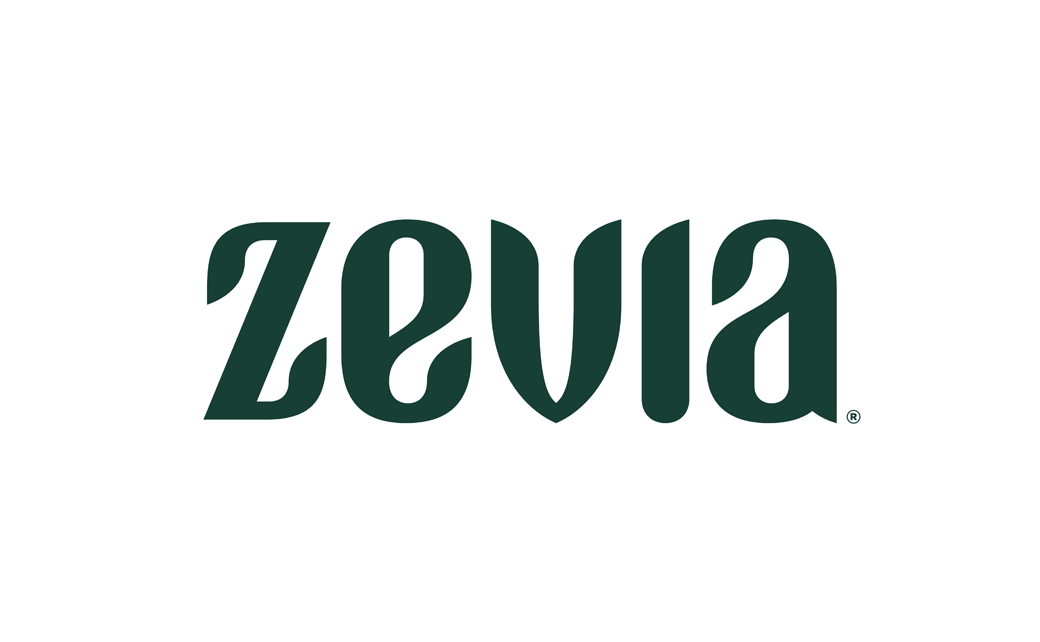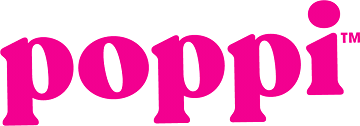Preparing Your Team for Future Challenges in the CPG Industry
The future of work is evolving—are your teams ready? Here’s how CPG brands can prepare their workforce for the challenges and opportunities ahead.
As automation, AI, and digital transformation continue to reshape the landscape, the CPG industry faces a crucial turning point: adapt or fall behind. To thrive, companies need to invest in future-proofing their workforce by developing the skills, structures, and strategies necessary to meet emerging challenges head-on.
The Future of Work in CPG: What’s Changing?
Automation is not just a buzzword—it’s transforming every aspect of the CPG value chain. While some jobs are becoming obsolete, new high-skill roles are emerging, particularly in data science, software development, and AI. By 2030, the demand for consumer goods could create up to 190 million new jobs globally, many of which will require skills that are not traditionally found in the CPG sector .
However, the transformation extends beyond just job creation. At least 40% of tasks in CPG occupations are automatable, pushing companies to rethink how they structure their workforce. To navigate this shift, companies must prioritize reskilling, invest in new technologies, and embrace agile ways of working that foster adaptability.
Key Strategies for Future-Proofing Your Workforce

Invest in Reskilling and Upskilling:
Automation is changing the nature of work, making reskilling critical. CPG companies need to implement training programs that focus on developing skills in data analytics, digital marketing, and supply chain management. Such programs not only future-proof your workforce but also boost job security and employee satisfaction.
Redefine Job Roles and Career Paths:
Future CPG roles will require a blend of cross-functional expertise and technical skills. Establishing expert tracks—highly compensated career paths designed for technical talent—can help attract and retain the skills you need. This approach allows employees to pursue diverse career paths while enhancing their value within the organization.
Leverage Agile Workforce Models:
Embracing agile, cross-functional teams can help companies respond quickly to market shifts. Instead of assigning specialists to specific brands, creating global talent pools allows companies to draw on expertise as needed, accelerating decision-making and fostering innovation.
Case Study: How a Leading CPG Brand Future-Proofed Its Workforce
Brand Spotlight: A Global CPG Brand’s Workforce Transformation
A major CPG company recognized that the skills needed for future success were shifting rapidly. Facing talent shortages in high-tech areas, the company launched a comprehensive strategy to attract, retain, and develop the right talent.
Approach:
The company created expert tracks for high-demand skills, offering flexible career paths and competitive compensation to make these roles more attractive. It also introduced extensive training programs, with over 10,000 employees participating globally. This reskilling initiative helped the company build a robust talent pool equipped to handle future challenges.
Additionally, the company restructured its workforce into agile, cross-functional teams that draw from global talent pools. These teams operate with greater flexibility, enabling the company to scale new ideas quickly and respond to market demands. A dedicated big-data center was also established, emphasizing data fluency as a core competency for its workforce
Outcomes:
The strategic changes led to a 20% increase in new product launches annually and faster decision-making processes. Employees reported higher job satisfaction due to continuous learning opportunities and diverse work experiences. This case demonstrates that future-proofing your workforce not only meets today’s needs but positions the company for long-term success.

Planning for the Future: Key Takeaways
Prioritize Data and Technology Skills:
As technology evolves, ensure your workforce is equipped with skills in data analytics, AI, and digital tools. These skills will be essential for staying competitive and making data-driven decisions.
Embrace Flexibility and Agility:
Move away from rigid departmental structures in favor of project-based teams that can adapt quickly. Agile workforce models enhance your ability to respond to market shifts.
Focus on Continuous Learning:
Foster a culture of ongoing education and skills development. Encourage employees to engage in training that aligns with emerging industry needs, ensuring your workforce remains adaptable.
Conclusion: Preparing Today for Tomorrow’s Workforce
Future-proofing your workforce is not just about adapting to change—it’s about leading it. By investing in your team’s skills, redefining roles, and embracing agile work models, CPG companies can position themselves to thrive in an evolving market landscape.

















